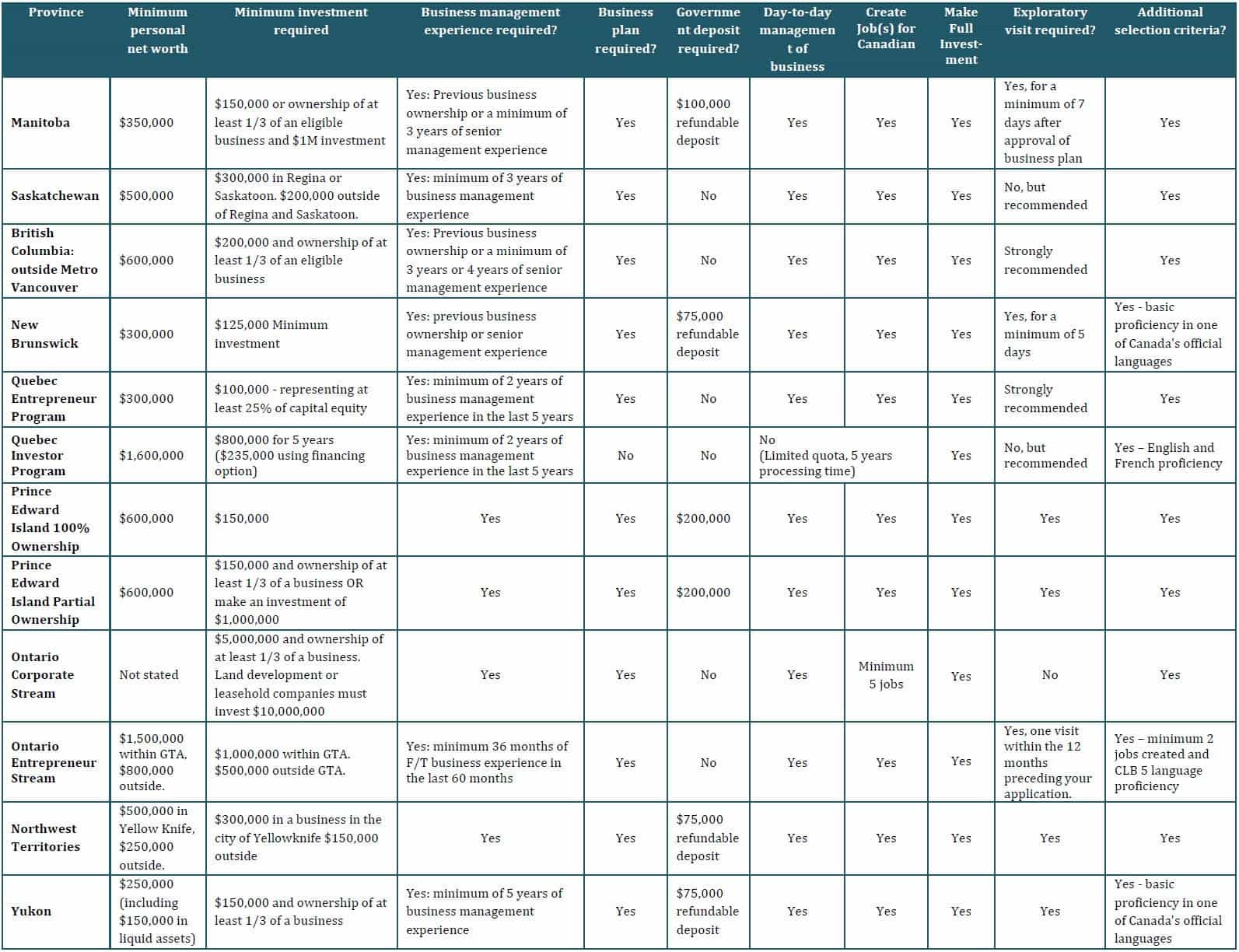Using Idioms on Your CELPIP Test
An idiom, defined as “a group of words established by usage as having a meaning not deducible from that of the individual words (example: run of the mill),” is a key part of the English language and is something that many CELPIP test takers focus on during their test preparation.
Preparation Resources for CELPIP
Many non-native English speakers find that common idioms are unique to the English language. Sometimes, they serve as cultural references, and other times, they are enduring phrases passed down through literature. When expanding your English vocabulary, incorporating idioms into your speech and writing is a key way to showcase your language skills. Here are some important strategies for using idioms effectively on your CELPIP Test.
Demonstrate your vocabulary by using idioms
Remember, like with any vocabulary, to use idioms that are appropriate to the context of your speaking and writing prompt. Using idioms in this way will demonstrate the range of your vocabulary and indicate to the raters a higher degree of English skill. Many idioms are used in standard, everyday settings, such as “get a head start” or “down to earth.” However, others are not suitable for a more professional setting, such as “full of beans” or “party pooper.” Applying the correct phrase in the proper context will enhance your speaking and writing, but using an idiom out of place will make your writing and speech feel awkward and uncoordinated.
Use idioms sparingly
As with any element of language, overusing idioms can be awkward and make your writing and speech more difficult to understand. The key to using idioms effectively is balance. Vary the phrases you use, do not use the same idiom twice, and do not use more than one idiom in a sentence. As a result, your English will feel natural and fluid, communicating to test raters that you have a skillful grasp of using these phrases.
Practice speaking often
Using idioms will come naturally the more you use them, and the best way is to practice your speaking as frequently as possible. Conversational English can be difficult to improve without speaking aloud. Even if you don’t have a partner, practice speaking aloud to yourself, and try using new idioms each time you do. Demonstrating your English skills by using idioms comfortably is what will set native English speakers apart from intermediate and lower-level English language learners.
Helpful idioms to use in your English speech and writing
The following are some common idioms that can easily be applied to your CELPIP prompts, as well as in your day-to-day English usage:
“A piece of cake”: Something very easy.
“Hit the nail on the head”: To be exactly right about something.
“On the same page”: To have the same understanding and agree.
“Barking up the wrong tree”: To make a mistake or blame the wrong person.
“Spill the beans”: To reveal a secret.
“Hang in there”: To encourage someone to persevere and not give up.
“Keep an eye on”: To watch something or someone carefully.
“At the drop of a hat”: Without hesitation.
“Burn the midnight oil”: To stay up late to work.
“Cost an arm and a leg”: To be very expensive.
Are you looking for more ways to prepare for your CELPIP test? Visit our free resources page for practice tests, free webinars, strategies from CELPIP experts, YouTube streams about each component of the test, and more!















